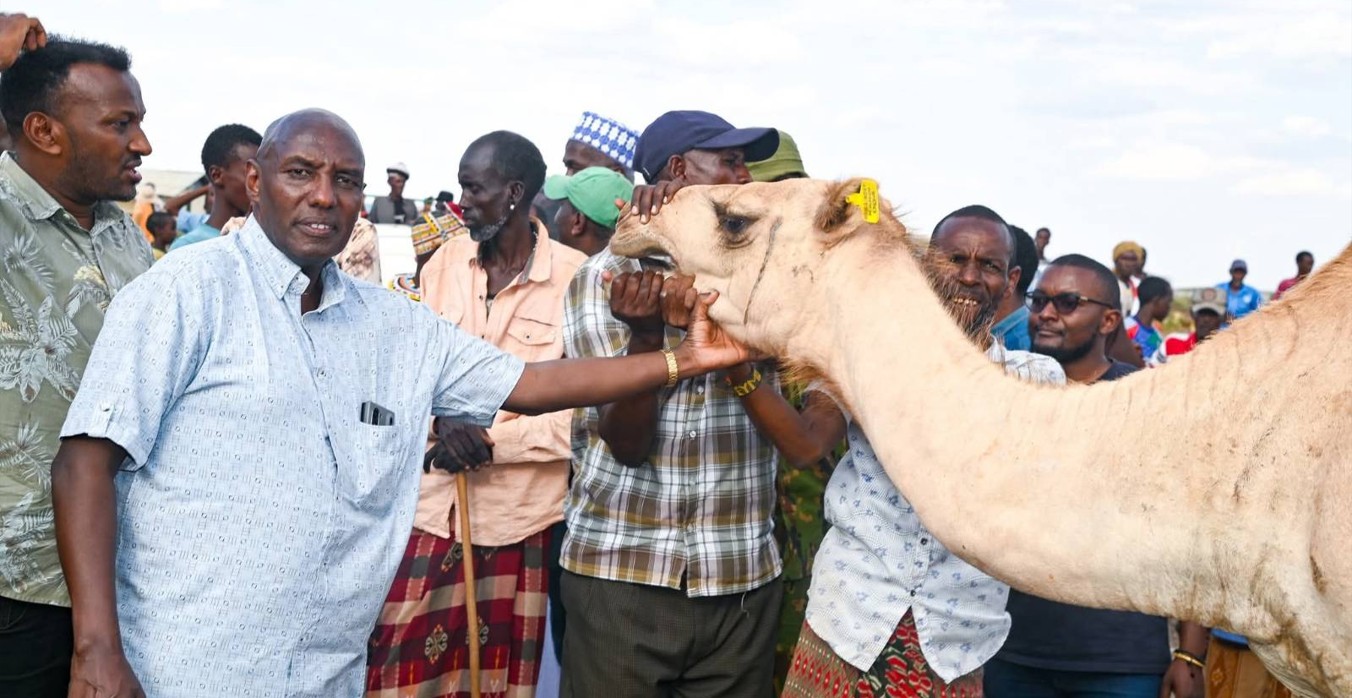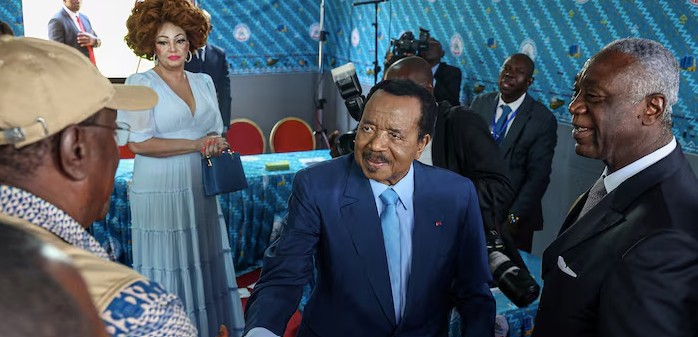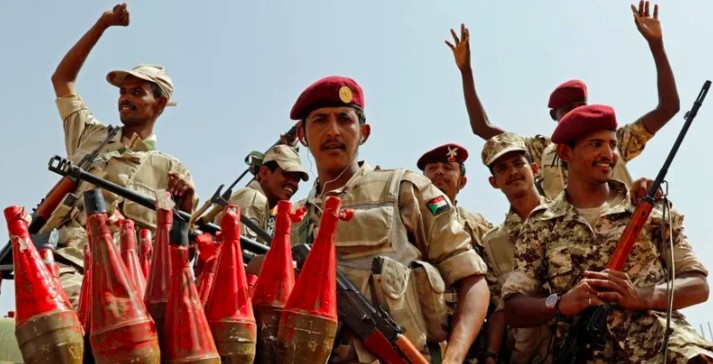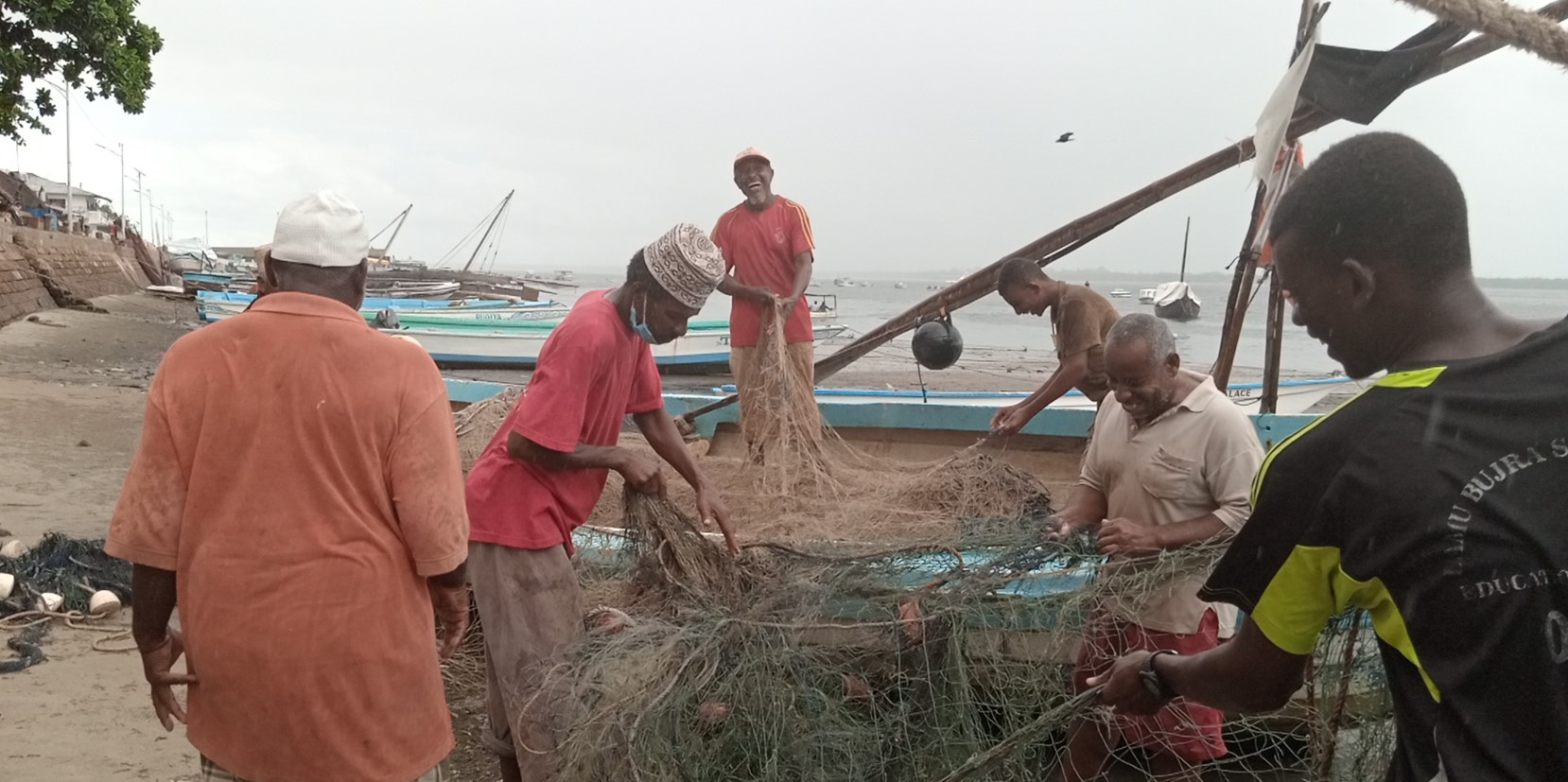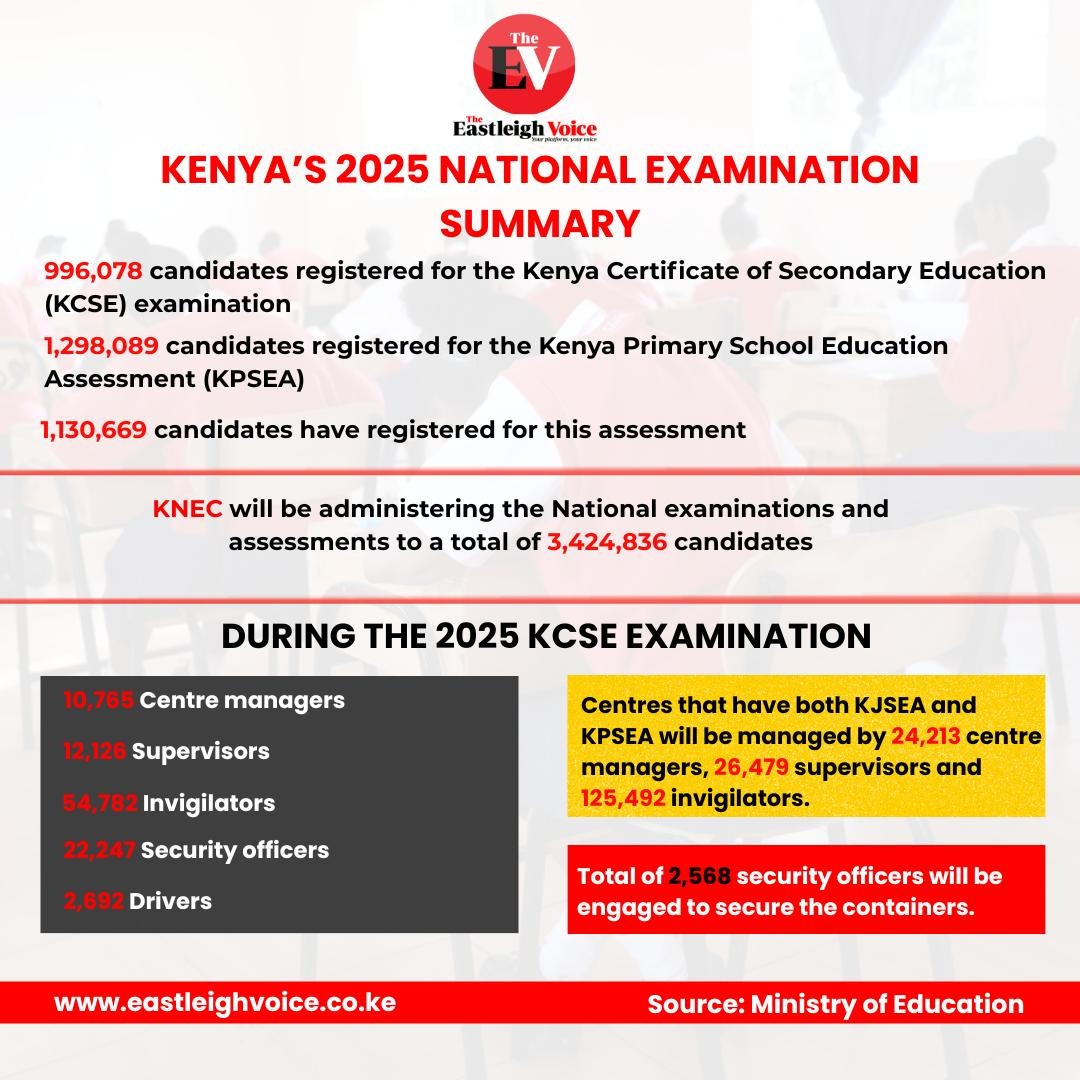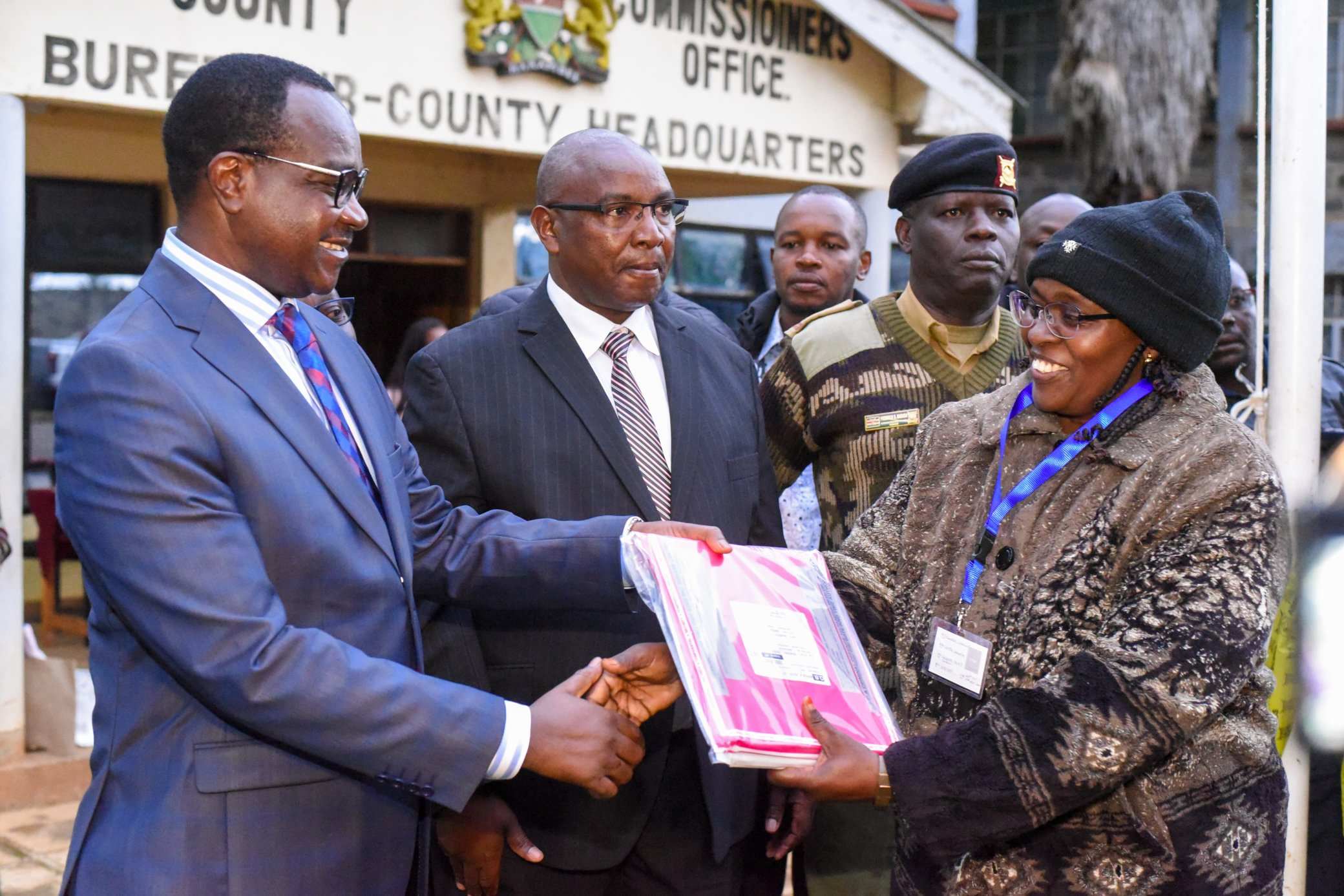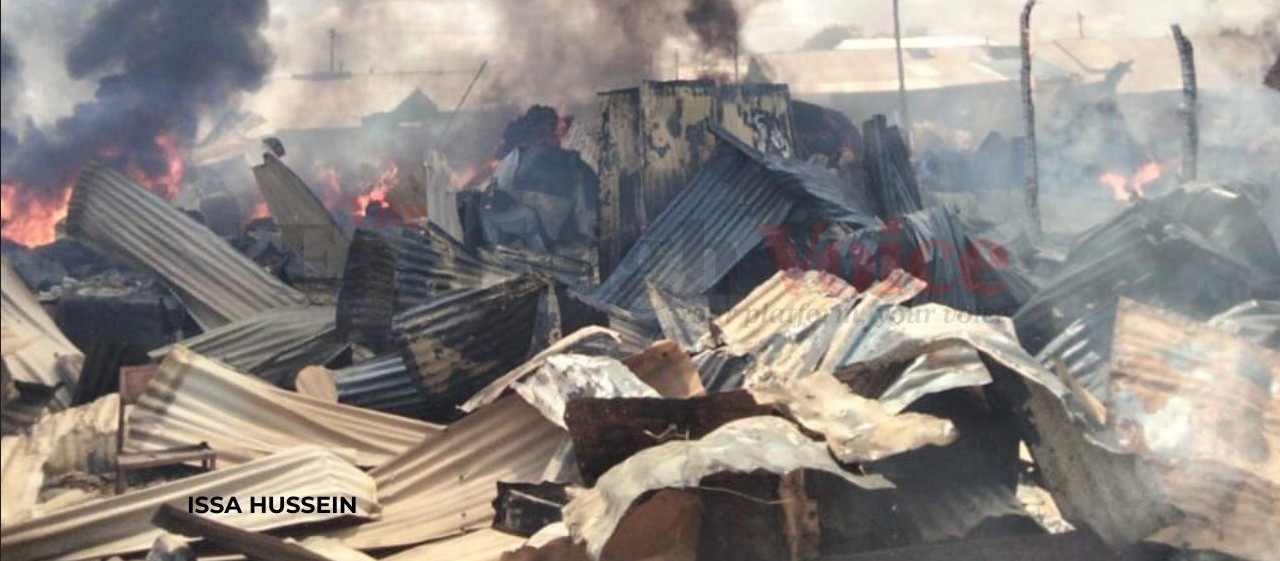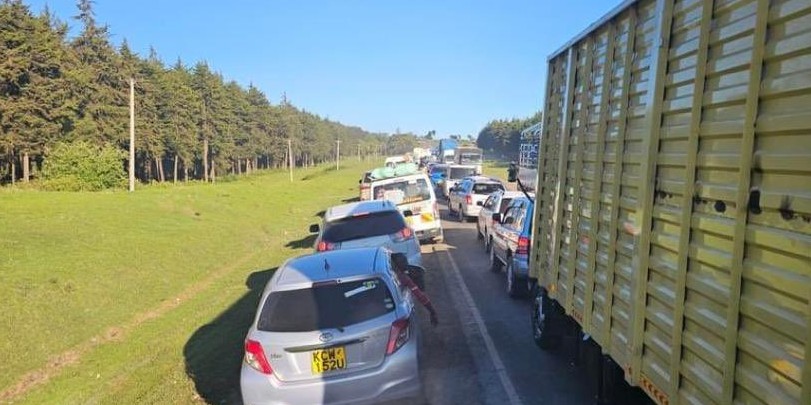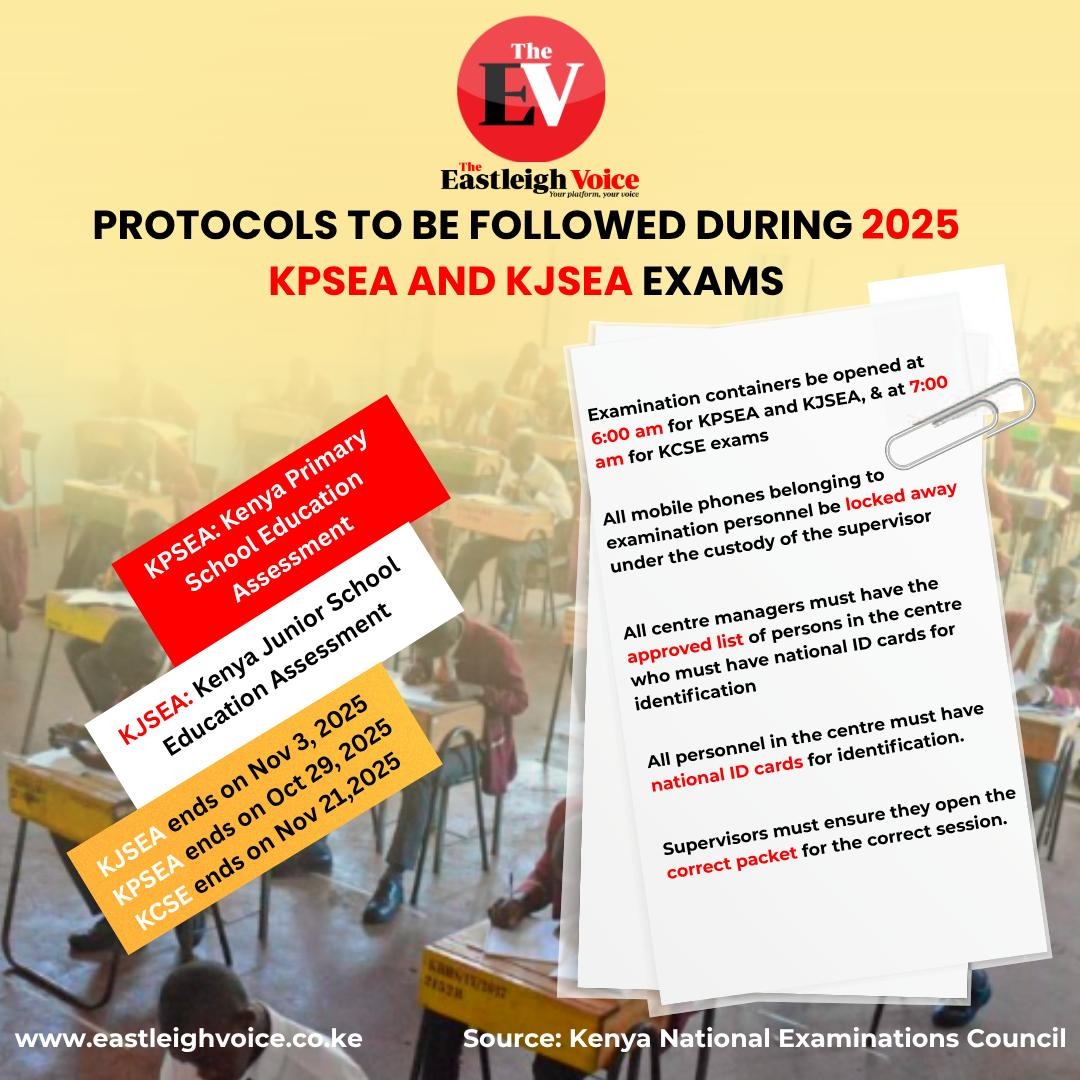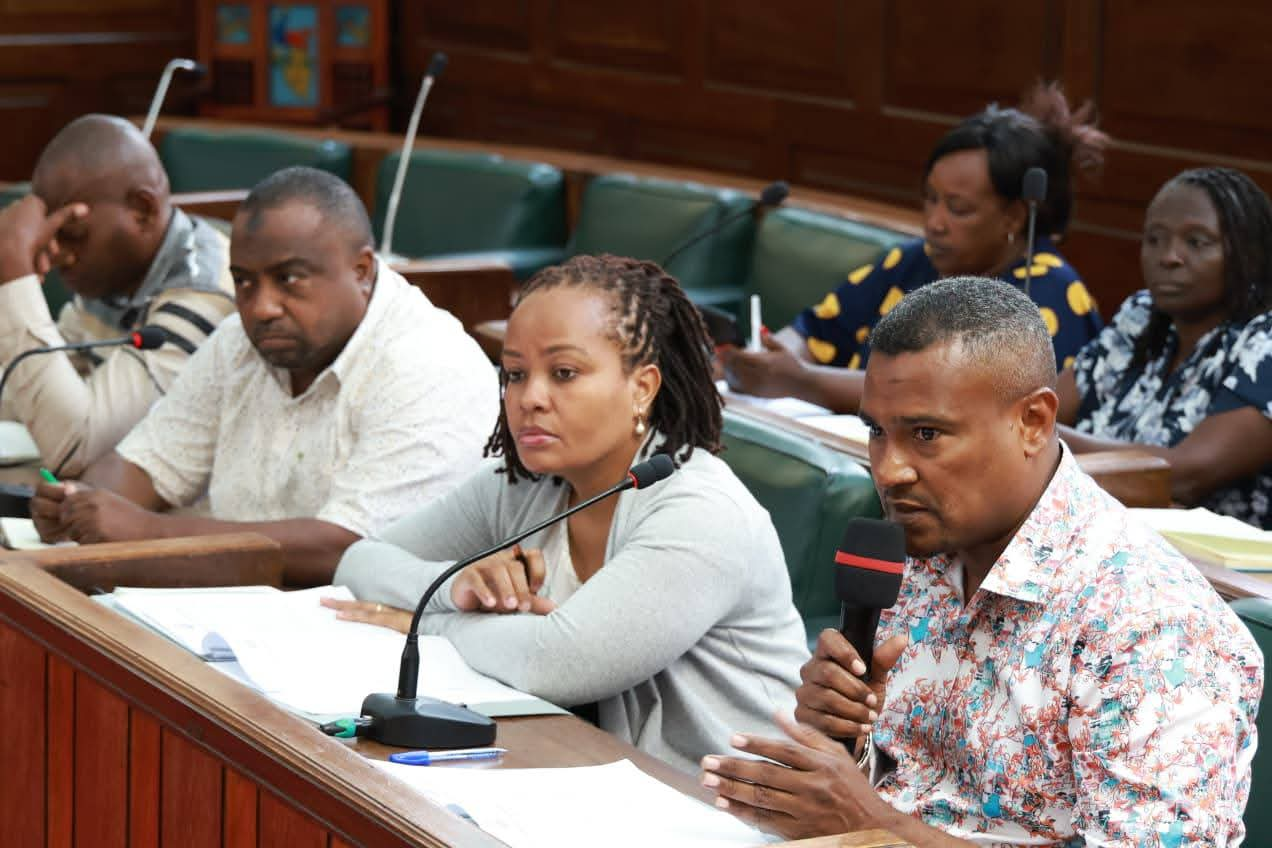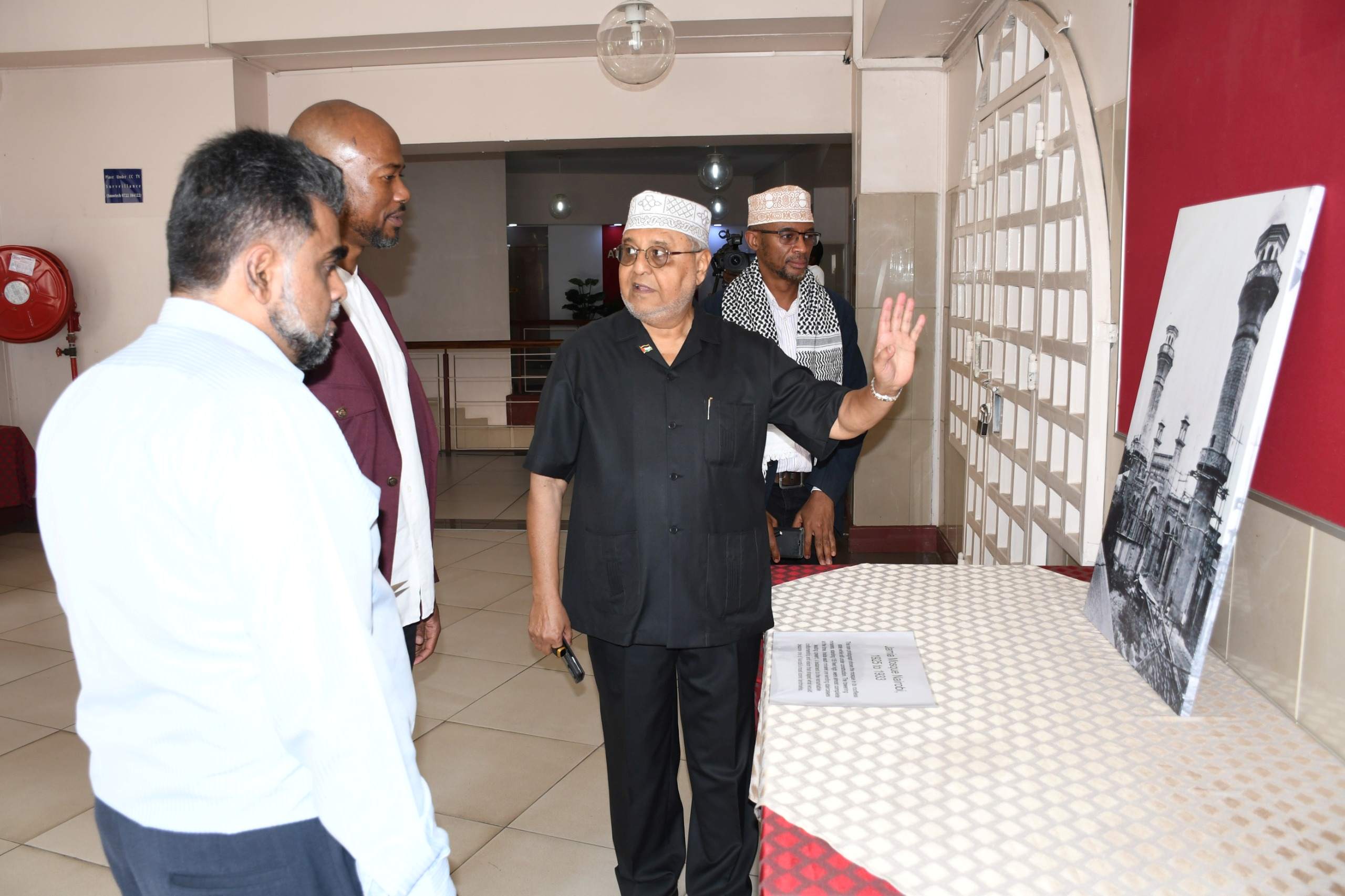Relief for Saba Saba protesters as Makadara court slashes bail to Sh30,000
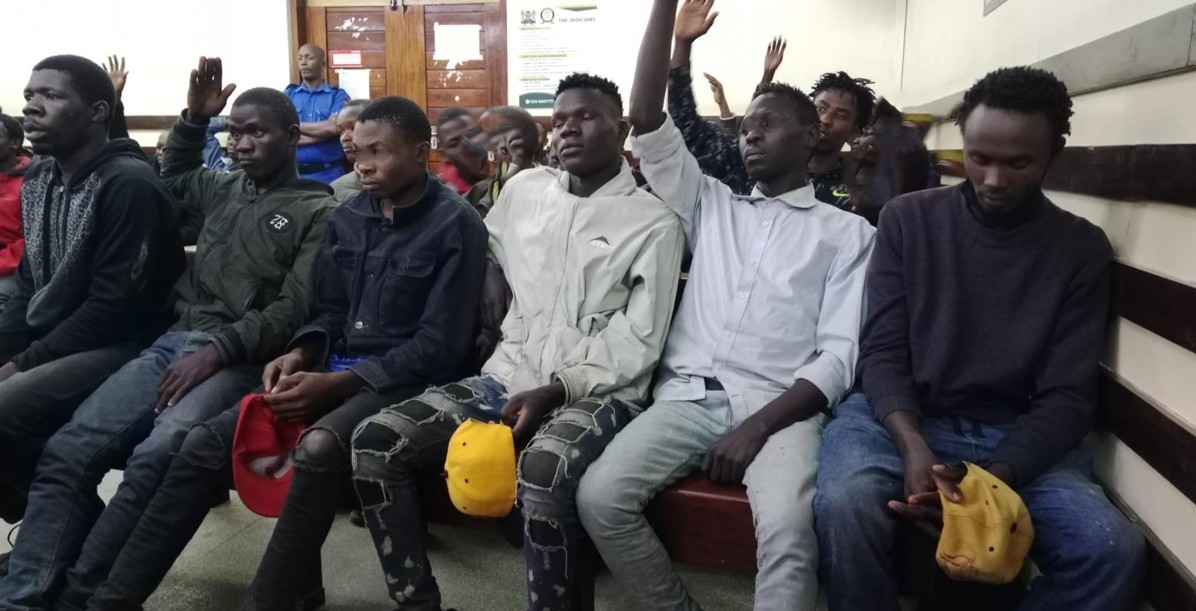
Seven protesters regain freedom after months in jail as court lowers bail from Sh100,000 to Sh30,000 following rights groups’ campaign.
The Makadara Law Courts on Monday approved reduced bail for seven people arrested during the July 7 Saba Saba protests, ending more than three months of detention for suspects who had been unable to afford the original Sh100,000 bail.
Amnesty International described the decision as a significant step towards upholding fair trial rights for all Kenyans.
More To Read
- LSK shuts down illegal law offices in Malindi amid surge in fraud complaints
- Investor confidence at risk as LSK warns of rampant land registry irregularities
- Petition seeks probe into alleged collusion between counties and lawyers over irregular legal fees
- LSK urges court to dismiss appeal over protest victims’ compensation panel
- LSK’s Faith Odhiambo quits Ruto’s victims compensation panel over legal delays, court hurdles
- KNCHR launches advisory on situation of human rights defenders in Kenya
“Amnesty International Kenya, the Law Society of Kenya and 50PlusMillionKe, successfully advocated for reduced bail for seven individuals arrested during the July 7 Saba Saba protests. We thank the Judiciary of Kenya, which reduced it from Sh100,000 to Sh30,000, a crucial step toward ensuring the suspect’s access to a fair trial,” the organisation said on X.
The rights group emphasised that under Kenyan law, the granting of bail and bond does not depend on a person’s guilt or innocence.
“Bail terms must be set not only on the severity of the alleged crime but also on the ability of suspects to pay,” Amnesty Kenya added.
Held for 103 days
It noted that five of the seven suspects had been held for 103 days because they could not meet the initial bail amount, raising concerns over equal access to justice and the protection of fundamental rights.
Judiciary spokesperson Paul Ndemo earlier explained that bail and bond decisions are not arbitrary but guided by judicial policy and the discretion of magistrates and judges, who consider the specific facts and context of each case.
“The court will look at the seriousness of the offence and the varying circumstances of the case. Judicial officers look at factors such as the seriousness of the offence, the charges presented, and the overall context. The judicial officer will look at what is reasonable,” Ndemo said.
Personal bond
He added that suspects may be released on a personal bond, which requires no cash payment, if the court determines they are not a flight risk. However, factors such as lack of a fixed residence, foreign nationality, or potential to obstruct justice could lead to bail being denied.
“The court will consider if you're a foreigner, have no fixed abode, if the court thinks you may interfere with the investigations, or you may be a threat to witnesses or the victims, the court will deny you bond,” he said.
Ndemo also explained that prosecutors must provide compelling reasons to justify specific bail conditions, and suspects are entitled to have a family member or close contact present to help with the bail process once granted.
He further clarified the judiciary’s role, stressing that it does not initiate cases.
“The judiciary never calls to itself cases. It waits for disputes to be brought before it. Whether it is terrorism cases or protest-related cases, somebody else brings those cases,” he said.
Top Stories Today
